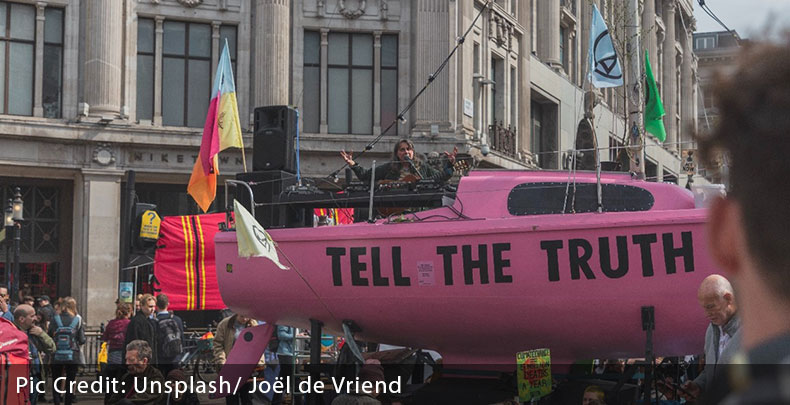
“I’m not a big fan of journalism schools, except those that are organized around a liberal arts education. Have an understanding of history, economics and political science – and then learn to write.” ~ Tom Brokaw
We essentially exist in relation to the tools that surround us. The blurring of the border between technical and human isn’t new. We have always been chained to the semantics of technology. The concern therefore is not in the affirmation or denial of our technological base, it is however in our uncritical response to the ethos of technology. Martin Heidegger in the Question concerning technology wrote “what is dangerous is not technology…the essence of technology is the danger.” Many scholars have situated the genocide of Jews within the context of modernity and technologies (Hollerith machines, Zyklon B Gas.) utilized by the Nazi Germany.
Cultural transmission of information in contemporary times is mediatized. The age of information is profoundly technological. In these settings, it becomes more pertinent to examine the role of journalism in democracies. In democratic settings, it must be the duty for the practitioners of journalism to stress upon the need for incorporating the human element into the technological infrastructure. In the times when essence and existence of journalism is intrinsically linked to technology, we need to take necessary measures for preventing ‘journalism as genocide’. The reference to Journalism as genocide was made in the case of the judgement by the International Criminal Tribunal for Rwanda (ICTR) in its 2003 verdict, when some journalists were charged for incitement to genocide, conspiracy, and crimes against humanity.
In the age of computer-mediated communication and infoglut, people across the globe are questioning the prevalent malpractices becoming endemic to journalism. Perhaps we can find a way out of this contemporary rut by approaching journalism with the context of liberal arts. By being steeped in the liberal arts and humanities, the journalists can be in a better position to understand how human being’s process. The grounding of the defining mores of Journalism in the context of the Liberal Arts will help journalism to transcend instrumental rationality and embrace empathy.
The dominating vocational approach as opposed to the Liberal Arts approach in Media and Journalism Institutions has emasculated the very essence of Journalism. One can say that the very ethics of journalism demands that journalists are supposed to be open minded, critical and have nuanced forms of understanding on various subjects. These values can only be cultivated by learning from history, literature, language, the arts, philosophy etc.
What we are faced with instead are sham practices camouflaged as journalism, leading to proliferation of misinformation and circulation of hate in the public sphere. Which story to cover and why are questions which are fundamentally philosophical in nature. Rather than being dazzled by the aura of new technological mediums, journalists in the present times need to be philosophers, rather than stenographers.
The “Liberal Arts” approach to journalism is more holistic, inclusive, diversified and prepares students to master 21st century skills such as critical thinking, leadership, problem solving, and teamwork. In the spirit of the requirements to succeed in the 21st century, the Media Studies at Alliance University through its Liberal Arts to Journalism offers the best combination of conceptual knowledge and technical skills in producing, managing, and analyzing media. On one side, we students will be responsible for running a state-of-the art media lab and studio thereby simulating an advanced professional environment. On the other hand, we also have courses which provide profound understanding to students to expand their knowledge, learn about the values of different cultures, about how history is made, and how to appreciate literature and arts.
Dr. Raoof Mir
Assistant Professor
Alliance School of Liberal Arts